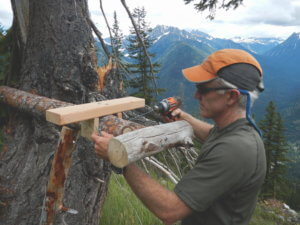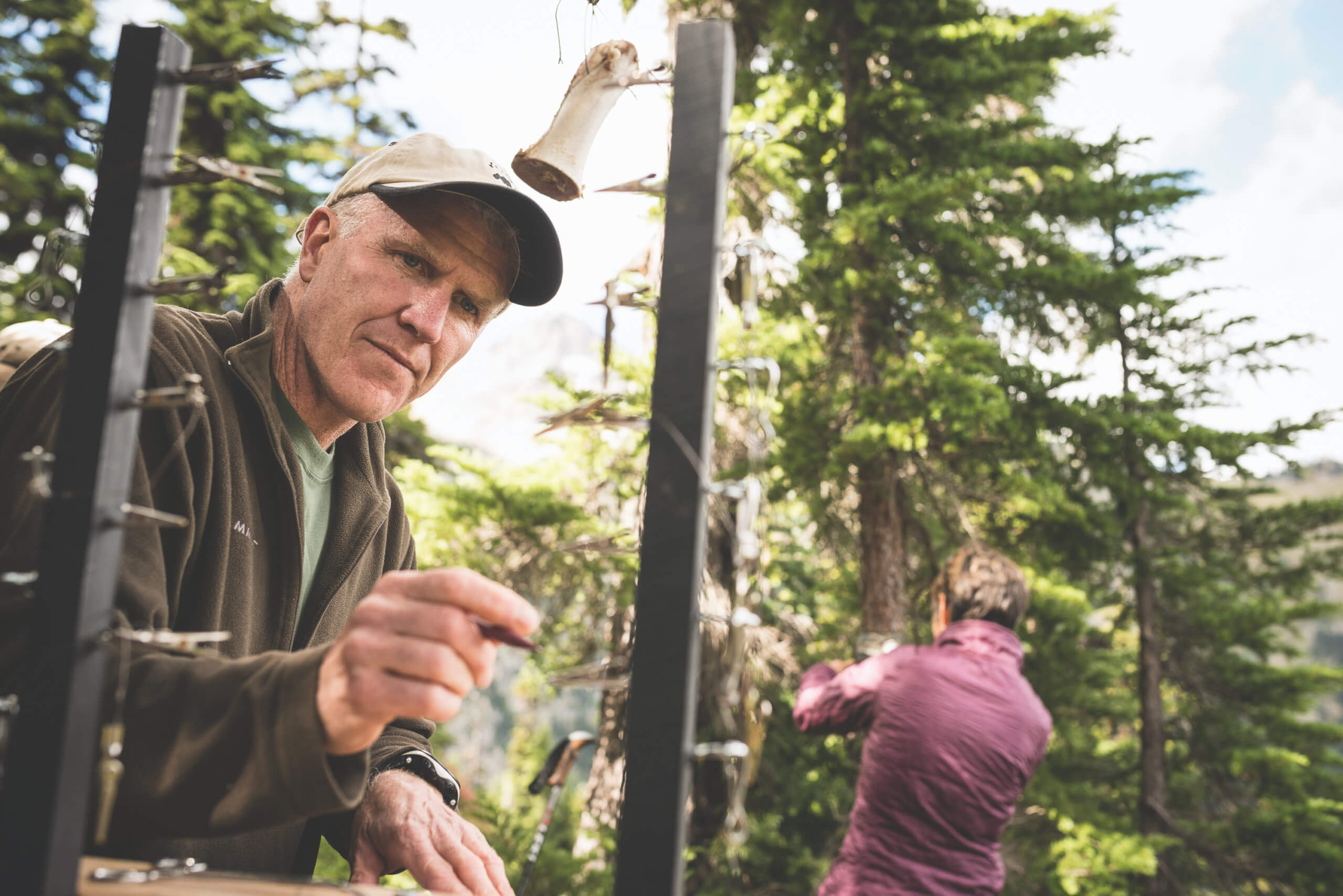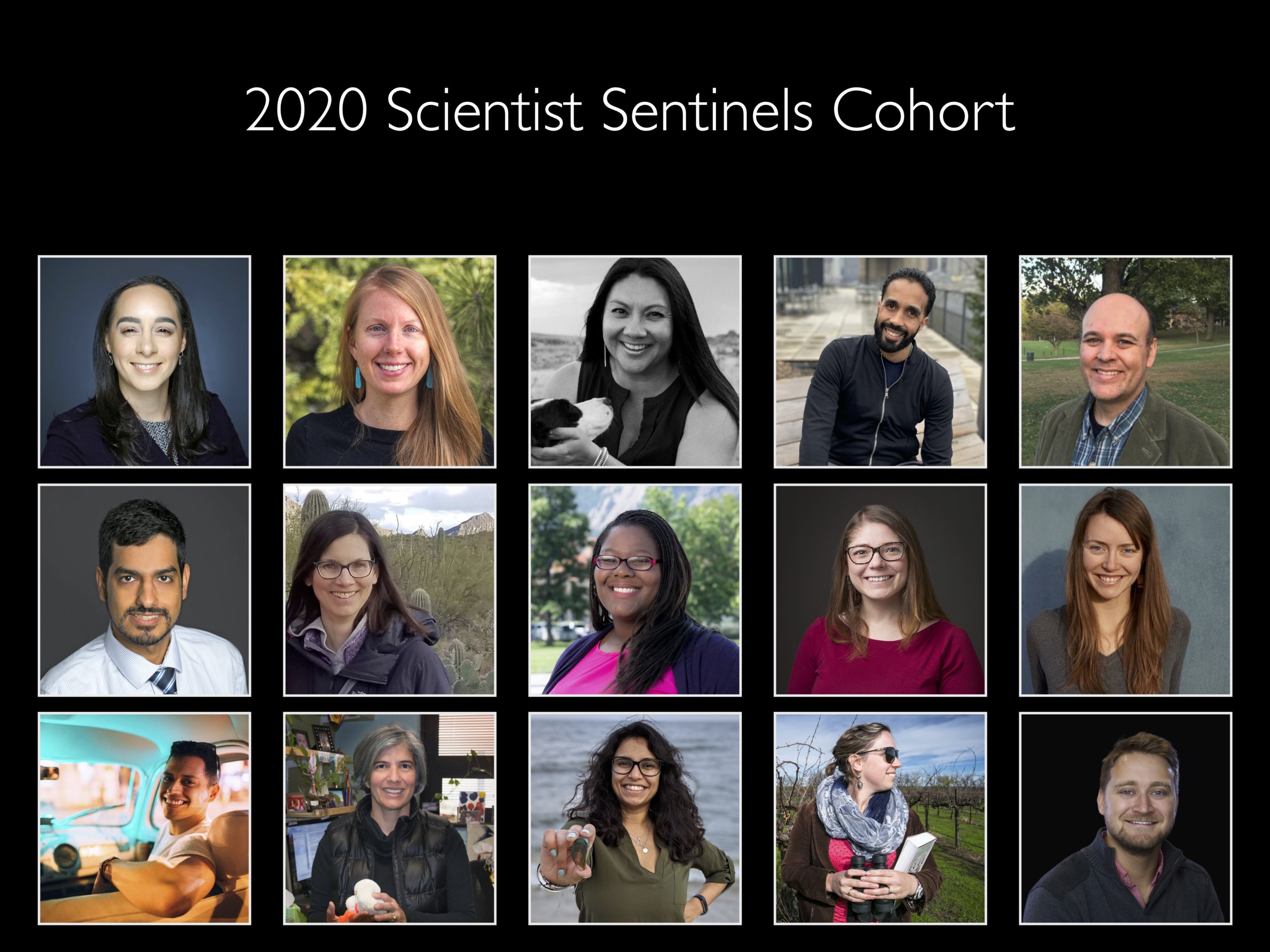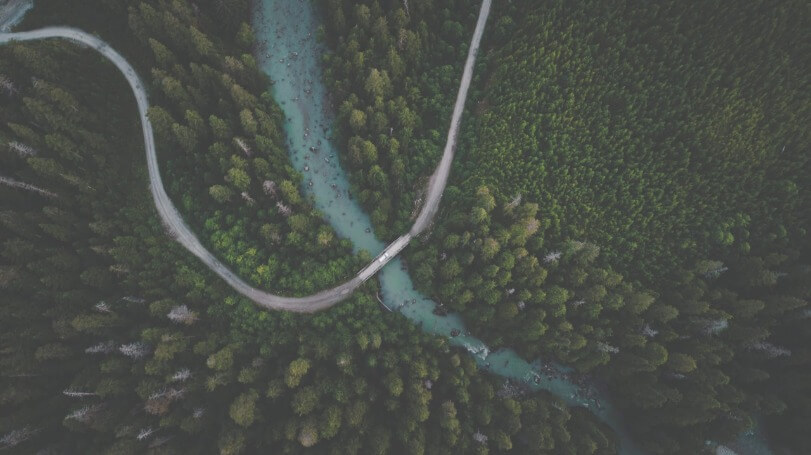Dr. Robert Long is a Senior Conservation Fellow in the Field Conservation Division at Woodland Park Zoo in Seattle. Robert has twenty-plus years of experience studying a broad diversity of wildlife on the East and West Coasts of the U.S., including black bears, fishers, martens, wolverines, bobcats, foxes, spotted owls, marbled murrelets, coyotes, and deer.
I spoke to Robert about the Wilburforce Fellowship and his experience. Here’s what he shared:
How has being a Wilburforce Fellow impacted your career?
I’ve been doing conservation science now for close to two decades, and I’ve always recognized that there was a really important role for scientists to play in conservation and policy. In the last 5-10 years, there’s been a lot more emphasis on outreach to the public and to policymakers and the media – but I never really knew how to approach it. The Wilburforce Fellowship helped me really understand what outreach means, and gave me the skills and tools to do it. In the past year, I’ve recognized the role of scientists in helping to get the word out about conservation, and what needs to happen if we’re going to handle the effects of climate change and other issues. It’s helped me achieve a mind shift and build the skills and tools to support it.
For scientists who want to be successful with science outreach, I just don’t think there’s a better way than this intensive week-long training and the follow-up. It really increased my effectiveness. My toolbox for communicating and outreach with journalists was really enhanced. I’ve used some of the tools from the workshop, including the Message Box, over and over.
How has the fellowship influenced your day-to-day work?
There was one specific project that I worked on as part of the training week that involved creating a network of organizations and individuals who use camera traps for science research and education. That project has been really successful. I developed and helped launch it, and part of what enabled me to do that successfully was the skills and tools I took out of the training. It would have happened anyway, but fewer people would have known about it. Because of the training, I was able to do outreach and connect with journalists around that, and had a much better awareness of what journalists were looking for and how to approach them.
I was kind of a classic scientist – when someone asked me what I was working on, I would approach things from the details and methods, and then say what wouldn’t work, and then finally get to what I was actually doing. I’ve learned to flip that around, leading with what I’m doing and then getting into the details later.

Dr. Robert Long.
What advice would you give to someone thinking about applying?
If you’re considering the fellowship, I would say you should prepare to grow in ways that you might not expect. It was much more than I anticipated. Anyone who’s been to a training before might have particular expectations about what the limitations of that might be, but this tapped pretty deeply into why people are doing the work they’re doing, and creating support around the work, and I think it was so much more than just a training. It was as much support group and sharing and storytelling, as it was tools and training. Be prepared to be challenged and supported in directions that might not be immediately obvious.



